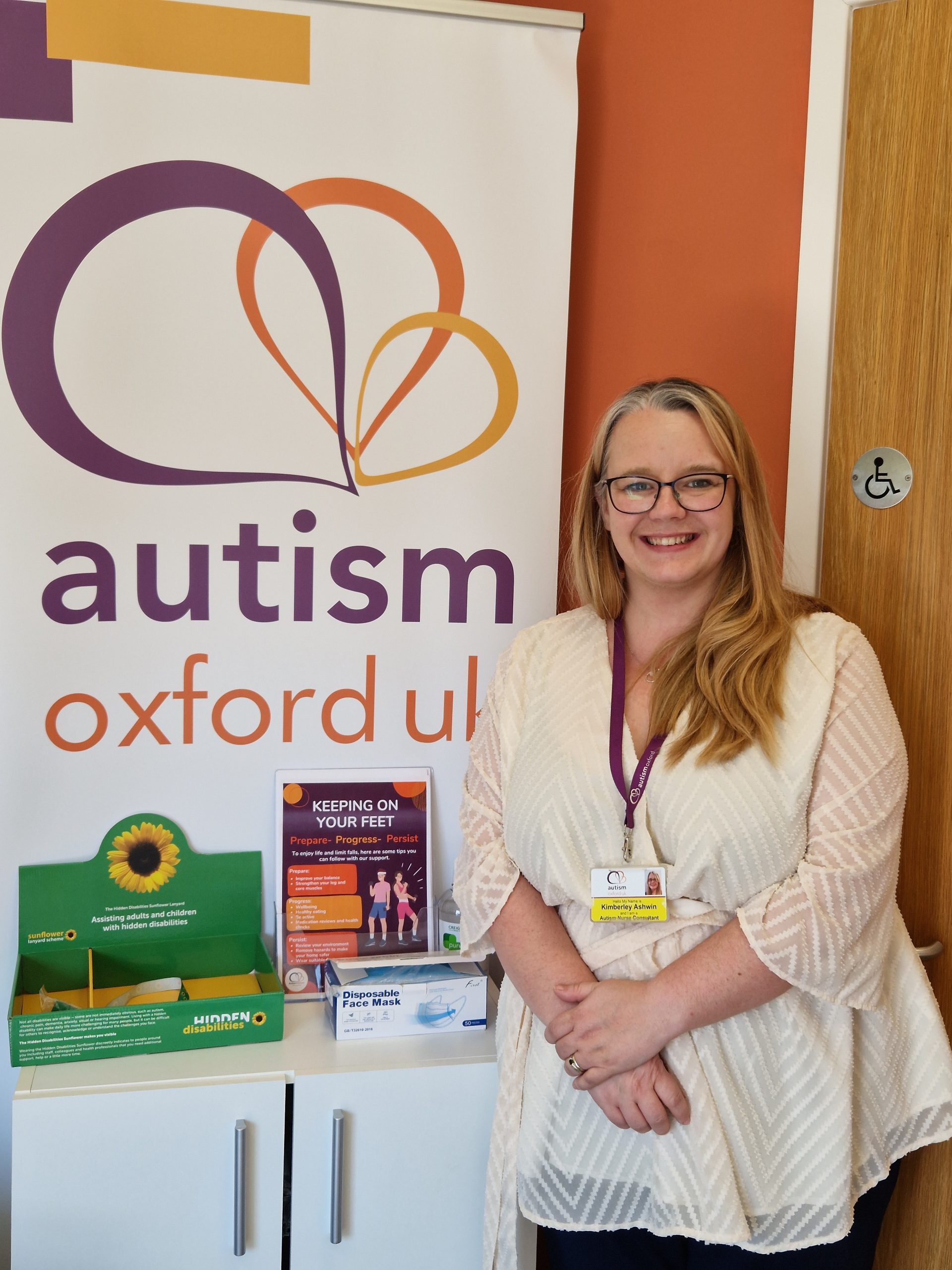In the realm of neurodiversity, embracing differences is not just a philosophy—it’s a powerful source of creativity, autonomy, and strategic thinking. Kimberley Ashwin, the dyslexic CEO of Autism Oxford UK, brings a unique perspective to the forefront, not only as a leader in the field but as a mother of two daughters, both dyslexic, autistic, and ADHD.
Dyslexia, a behaviourally defined Neurodevelopmentally and is traditionally characterised by challenges in acquiring fluent and accurate word reading and spelling skills. Kimberley and her daughters embody the brilliance that arises when diverse neurodivergences come together. Dyslexia, often associated with weaknesses in word reading and spelling, has been redefined by Kimberley and her daughters as a springboard for creativity and resilience. Traditionally, dyslexia has been explained within the context of the phonological theory. However, Kimberley and her daughters challenge this narrative. Recent studies suggest that dyslexia often results from multiple differences rather than a single phonological issue. Kimberley emphasises the need to move beyond stereotypes and recognise that dyslexia is not a one-size-fits-all condition.
As a dyslexic CEO, Kimberley stands as a testament to the potential within neurodivergent individuals. Autism Oxford UK has recently been shortlisted for the Best SME category at the National Employers Awards, highlighting our commitment to inclusive and flexible practices. This recognition is not just an accolade but a celebration of the innovative approaches that neurodivergent leaders bring to the table.
Kimberley’s journey extends beyond dyslexia. The co-occurrence of neurodevelopmental differences like ADHD and DCD adds complexity to the narrative. Research suggests that these overlaps are not rare—between 25% and 40% of individuals with ADHD may also have dyslexic challenges.
The connection between dyslexia and autism is intricate. Kimberley’s experience with her daughters echoes the variability seen in the general population. Some children with dyslexia struggle with psychosocial functioning, underscoring the importance of understanding and addressing the nuanced nature of these overlaps.
As Kimberley Ashwin and Autism Oxford UK pave the way for inclusivity, it becomes evident that neurodiversity is not a hindrance but a powerful force for change. The current study aims to unravel the complexities of dyslexia and its overlaps with other neuro identities providing insights that can guide both theory and support strategies.
Kimberley invites the world to embrace neurodiversity fully. Through recognising the brilliance within each individual, regardless of their neurodivergence, we can create workplaces and communities that celebrate the richness of diverse minds.

